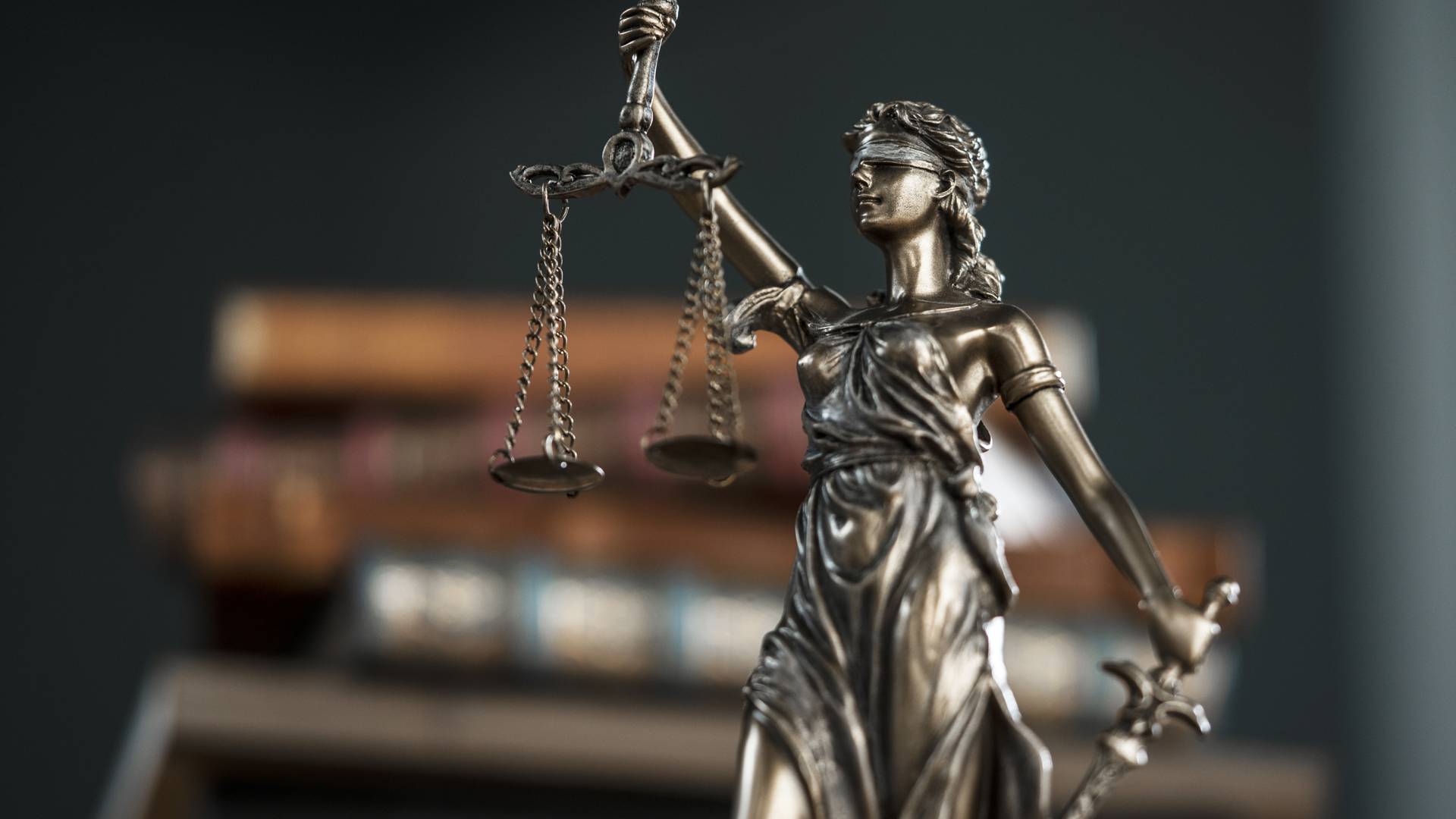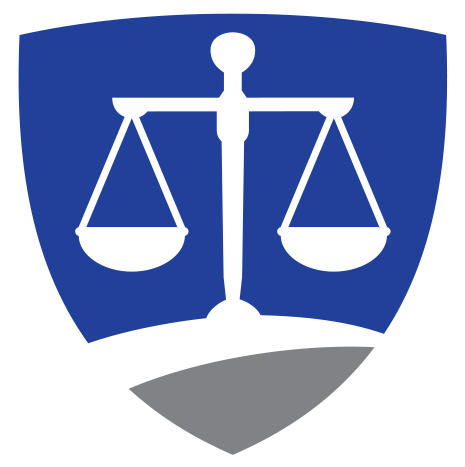
Bankruptcy Counsel for Creditors
Harrisburg Bankruptcy Attorney Team
We represent debtors who seek protection from creditors through the bankruptcy process and creditors seeking to collect debts against individuals and businesses inside and outside of bankruptcy.
Call Scaringi Law at (717) 775-7195, to schedule your case evaluation.
Representing The Debtors:
Bankruptcy protection is still a real and viable option for individuals and businesses suffering under the financial strain of too much debt and too little income. Contrary to current public opinion, individuals and businesses may still receive bankruptcy protection. If you would like to learn more about the bankruptcy process or would like to file for bankruptcy protection, contact Scaringi Law for an initial consultation.
There are two main goals in seeking bankruptcy protection:
- First, once the debtor files a bankruptcy petition with the Court, a "stay" goes into effect. The "stay" stops all creditors, including bill collectors, from contacting the debtor and attempting to collect all debts.
- Second, at the conclusion of the case, the debtor receives a "discharge." The discharge is an Order of Court discharging the debtor from most debts and liabilities - meaning the debtor is no longer required to pay those debts and liabilities.
There are two basic types of bankruptcy proceedings. A filing under Chapter 7 is called liquidation. It is the most common type of bankruptcy proceeding. Liquidation involves the appointment of a trustee who collects the non-exempt property of the debtor, sells it and distributes the proceeds to the creditors. The overwhelming majority of Chapter 7 cases, however, are "no asset" cases. This means all the debtors' assets are considered exempt from the liquidation. This means the overwhelming majority of Chapter 7 debtors keep all their assets, including their home, car, personal property, etc., yet still receive the discharge of their debts. This is the great benefit of the bankruptcy law. This benefit is still very much available.
Bankruptcy proceedings under Chapters 11, 12, and 13 involve the rehabilitation of the debtor to allow him or her to use future earnings to pay off creditors. These bankruptcies are usually called "reorganizations." In these bankruptcies, the individual or business debtors agree to repay a certain percentage of their debts using future income. In most plans, the debtors agree to repay a small percentage of their total debts over a three to five year time period. In these plans, the debtors usually keep all their assets. Once the debtor completes all plan payments, the debtor receives the discharge.
There are some significant developments in bankruptcy law. One is a decision by the United States Supreme Court that has shifted power towards the debtor. In Rousey v. Jacoway, (April 4th, 2005), the Court held that assets in Individual Retirement Accounts (IRA's) are protected under 11 U.S.C § 522(d) and thus exempt from withdrawal from the bankruptcy estate. This means you can file for bankruptcy and yet keep your IRA and everything it contains, including stock, bonds, mutual funds, money market accounts, etc.
Passage of the Bankruptcy Prevention and Consumer Protection Act in April 2005 has also resulted in major reforms in bankruptcy law, outlining revised guidelines governing the dismissal or conversion of Chapter 7 liquidations to Chapter 11 or 13 proceedings. The law also expands the responsibilities of the United States Trustees Program to include supervision of random and targeted audits, certification of entities to provide credit counseling that individuals must receive before filing for bankruptcy, certification of entities that provide financial education to individuals before being discharged from debt, and greater oversight of small business Chapter 11 reorganization cases.
However, contrary to public opinion, this new law does not prevent most individuals and businesses from obtaining bankruptcy protection. In most cases, it merely adds some additional requirements that can be easily satisfied by debtors.
Representing the Creditors:
We represent banks, mortgage companies, landlords and other creditors in cases in which their debtors have filed for bankruptcy. There is action a creditor can take to secure or improve its position with regard to attempting to collect debts it is owed from debtors who have filed for bankruptcy protection.
Once a debtor files for bankruptcy, creditors can file motions with the bankruptcy court to remove the protection of the "stay" and allow the creditor to foreclose on a home or seize a vehicle or other personal property that secures the debt owed to the creditor in circumstances in which the debtor stops making current installment payments or the debtor has too much equity in the property to exempt.
The creditor can challenge the value a debtor places on an asset with the purpose of making the asset non-exempt and thus able to be seized and sold with the proceeds going to the creditor.
The creditor can challenge a reorganization plan on the grounds it is unreasonable to believe the debtor can make the plan payments. A successful challenge could cause the debtor to be removed from bankruptcy protection. As a result, the debtor's assets would be subject to the seizure and sale by the creditor.
In the least, the creditor should file a claim with the bankruptcy court to ensure its debt is acknowledged by the bankruptcy trustee and paid if circumstances allow.
If you would like to learn more about the bankruptcy process, call (717) 775-7195 now, or click to contact Scaringi Law via our easy form. Learn more about our expert services in personal and business bankruptcy law.
We are a debt relief agency. We help people file for bankruptcy relief under the Bankruptcy Code.


Why Scaringi Law Is Different
-
Client ServiceAs our client, you will not be a number or "just another case." Retain us, and you will have our complete commitment to your cause.
-
Hard WorkWe hold fast to the work ethic that built Pennsylvania. If we have to, we will work around the clock to get results for our client.
-
We Fight For YouWe are not there to make friends with opposing counsel. We will not go along to get along. We will not allow the other side to offer anything less than what you deserve.
-
Thorough PreparationFor everything we do, we prepare. Even though most cases settle out of court, we prepare every case as if we were going to trial.





